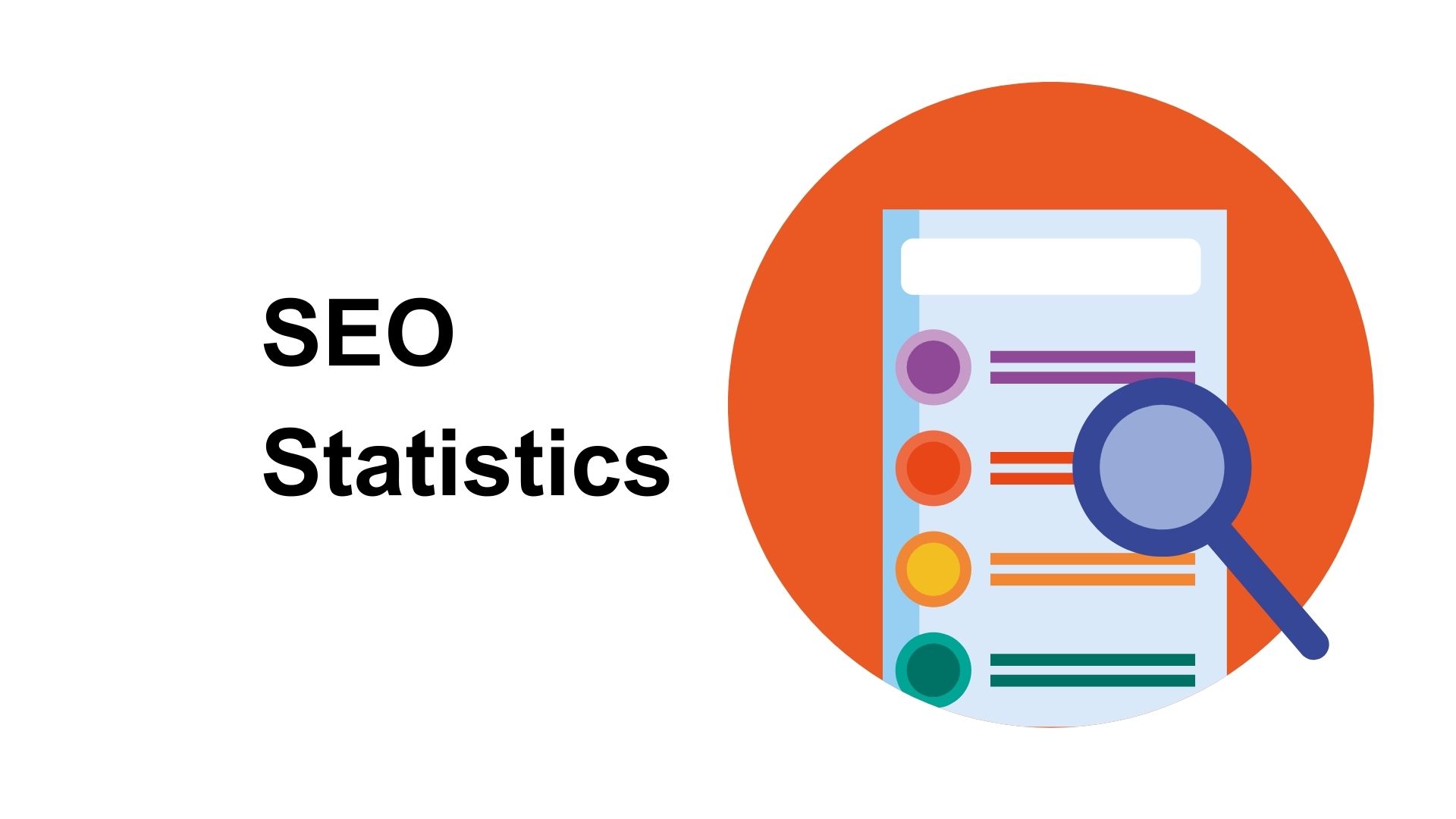Oracle Builds Data Warehousing and Analytics for Financial Services
Oracle (NASDAQ: ORCL) says its financial business intelligence, risk management and analytics platform, Oracle Financial Services Data Warehouse, will reduce risk and cost and time to value for financial services companies.
The complexity of the average financial services institution, be it in banking, capital markets or insurance, has increased, and traditional approaches to data warehousing are not meeting current marketplace demands, the enterprise software giant says.
There is an increasing need for companies to respond quickly and accurately with the right supporting analytical data, be it to regulators or their own management, said Oracle. Oracle Financial Services Data Warehouse is an analytical data warehouse that is pre-built, readily deployable and engineered to meet the needs of financial institutions, the company says.
Oracle Group Vice President and General Manager for Oracle Financial Services Analytical Applications S. Ramikrishnan said the “secret sauce” is in how you process the data and what kind of business data you get out of it through the modeling and computation process.
“That's where we are seeing a convergence of marketplace demand, mostly driven by regulation and attention to large-scale data manipulation,” Ramikrishnan told Enterprise Apps Today. “This is where our applications come to the forefront with the emerging Exadata technology from Oracle.”
The Oracle Exadata Database Machine is a data warehousing and database machine that provides extreme performance for both data warehousing and online transaction processing (OLTP) applications. Exadata is a complete package of servers, storage, networking, and software that is massively scalable, according to Oracle.
Oracle Helps Financial Stress Tests
Oracle says it is taking a new approach to data warehousing for financial services firms that need to do “dramatically” new things at a higher level of scale and performance than traditional data warehousing systems.
Ramikrishnan said the financial services industry faces a number of issues and problems, including enterprise stress-testing where, for example, every loan and deposit must be looked at within the institution and to understand if the business will be viable in a variety of catastrophic economic scenarios.
“For example, on a one-year time horizon, can you survive the worst case economic scenario? To answer that, you need a very comprehensive and detailed data set surrounding the customer and very complex computations,” he said. “Then sometimes you need an answer in a few hours and sometimes in a few minutes.”
Companies used to work this in a six-month time frame – now the ambition is to do it is days. Ramikrishnan added that regulatory demands have changed and the immediacy and ad hoc nature of business intelligence answers has also changed. Financial services institutions need the data warehouse to support this frequently changing environment, he said.
Traditionally, the old data warehouse would be a repository of data and be the supplier to multiple applications and engines put together when you needed an answer. To do “what if” scenarios, the whole process would need to be repeated with computation changes.
Oracle's solution is different in that the hardware and software are engineered to work together, Ramikrishnan said. The data warehouse doesn't supply an excess of analytical applications; instead Oracle's technology solution for financial services brings the applications into the data warehouse and runs them there.
“It's a change in the architecture of the warehouse, so it is highly geared for running applications inside it and also has a unified data model to support all the applications together,” Ramikrishnan said. “That's why Oracle provides a powerful and unified set of applications stack and all of it runs inside a single data model and all of that runs on a very fast machine – the Exadata box.”
Ramikrishnan said early efforts to benchmark this new technology have shown strong indications that some problems that were once impractical to solve are now very practical to solve, and there is a dramatic improvement in addressing the regulatory demands banks are facing.
“What previously took multiple days to compute now takes just two hours,” he noted. “We've seen staggering benchmarks of 500 million cash flows being computed with ‘what if' computations in half an hour, and profitability that could take a whole day now is done in an hour to an hour and a half.”
The Oracle Financial Services Data Warehouse is pre-integrated and ready to work with more than 30 Oracle Financial Services analytical applications, including applications for enterprise risk management, governance, risk and compliance, enterprise performance management and customer insight. Third party or applications developed in-house can also capitalize on this unified approach, said Oracle.

Vangie is a freelance technology writer who covers Internet technologies, online business, and other topics for over 15 years. SEO Content Writer with high-quality organic search results. Professional freelance technology writer with over 15 years experience. - Understands the technology trends in SMB and Enterprise markets. - Proficient in email marketing and social media campaigns. - Trusted and respected voice in small business marketing via e-commerce. - Knowledgeable in how to incorporate sales initiatives and assets into articles or Web content. Experienced social media marketer. Specialties: SEO. Electronic commerce, small businesses, Internet. Computers, servers, networking. Computer science. Terms, terminology. Social media, email marketing. Mobile apps. Operating systems. Software and hardware. Interviews, tips, advice, guides and feature articles. Marketing, slideshows, how-to guides. Search engine tools.

